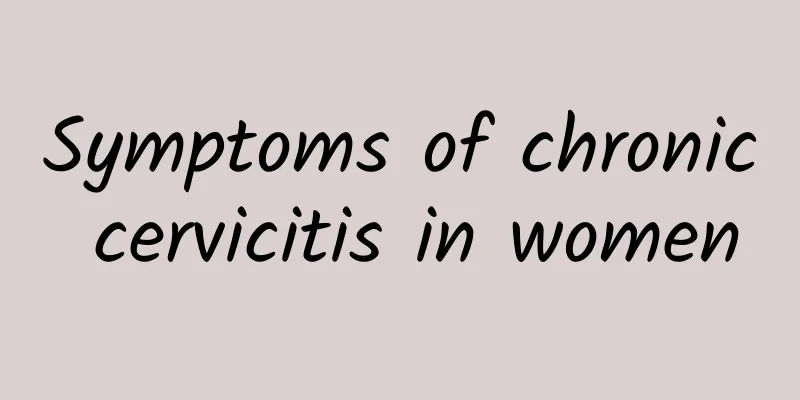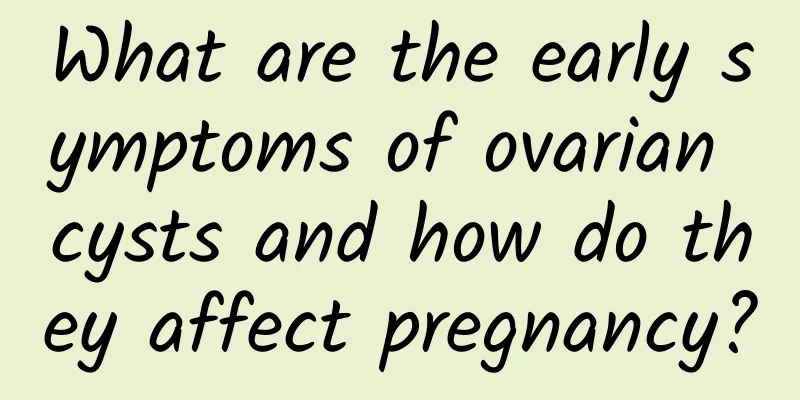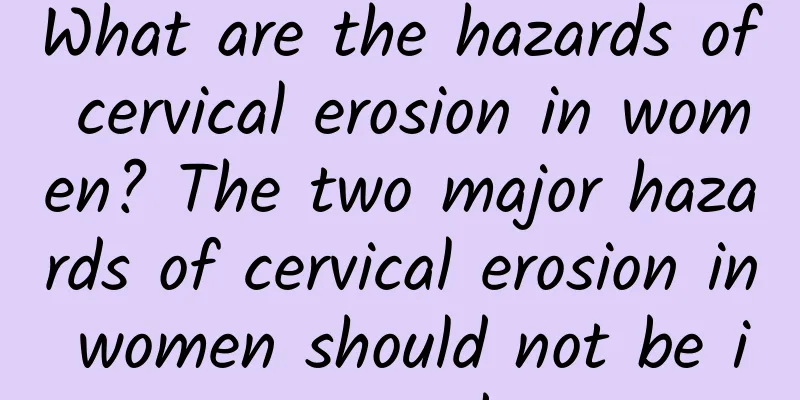Can you get pregnant with endometriosis?

|
Women with endometriosis can get pregnant, but their ability to get pregnant may be affected, depending on the severity of the disease and how it is treated. Mild cases can often get pregnant naturally with treatment, while more severe cases may require assisted reproductive technology. 1. The impact of endometriosis on fertility Endometriosis is a disease in which the endometrium, which should be present in the uterus, appears in other parts such as the ovaries, fallopian tubes, and pelvic cavity. Because ectopic endometrium can cause chronic inflammation and adhesion, it may lead to fallopian tube obstruction, ovarian dysfunction, and affect embryo implantation. According to clinical statistics, 20%-40% of infertile patients suffer from endometriosis. For mild patients, the impact may be small, and the chance of pregnancy after treatment is higher; while moderate and severe patients may have difficulty conceiving naturally due to organ damage. 2 Treatments to improve your chances of pregnancy 1. Drug treatment: GnRH agonists: inhibit ovarian hormone secretion, reduce ectopic endometrial hyperplasia, and thus improve inflammation and pain. Progestogens: inhibit the growth of the endometrium and reduce irritation of ectopic sites. Nonsteroidal anti-inflammatory drugs: used to relieve pain and inflammation, suitable for patients with mild symptoms. 2Surgical treatment: Laparoscopic surgery: Currently the gold standard for the treatment of endometriosis, it can effectively remove ectopic lesions and dredge the fallopian tubes, and is particularly suitable for patients with moderate to severe endometriosis. Laparotomy: Suitable for cases with large lesions or severe adhesions of pelvic tissue. Ovarian function preservation surgery: preserve healthy ovarian tissue as much as possible to preserve fertility. 3 Assisted reproductive technology: For patients with severe conditions who are unable to conceive naturally after treatment, artificial insemination (IUI) or in vitro fertilization (IVF) can be used. IVF is an effective option, especially in cases where the fallopian tubes are completely blocked or the ovaries are damaged. 3 Daily conditioning and auxiliary measures Dietary adjustment: Take appropriate amounts of omega-3 fatty acids such as deep-sea fish and antioxidant foods such as blueberries and spinach to reduce inflammatory responses in the body. Regular exercise: Improves pelvic blood flow, increases metabolism, and relieves chronic pain. Pay attention to mental health: Excessive stress can affect ovulation and pregnancy rates, so it is recommended that you relax appropriately. Women with endometriosis still have the possibility of getting pregnant, but they need to cooperate with the treatment according to the doctor's advice, choose the appropriate method to increase the chance of conception, and maintain a healthy lifestyle and a good attitude. If you have been trying for a long time and have not been able to get pregnant, it is recommended to consult a professional doctor for help as soon as possible. |
<<: Bartholinitis is getting more and more painful. What should I do?
Recommend
Why fasting during painless abortion
Why do you need to fast for painless abortion? Pa...
What causes cervical erosion?
There are many causes of cervical erosion, which ...
Experts introduce the causes of female adnexitis
Adnexitis is a common gynecological disease in wo...
What are the symptoms of bacterial vaginosis
In the case of vaginitis, not only are the causes...
Several common and effective measures to prevent dysmenorrhea
Dysmenorrhea is a gynecological disease with pain...
The first early symptoms of uterine fibroids may be just bloating.
Since many women suffer from early symptoms of ut...
What are the symptoms and characteristics of mixed vulvar leukoplakia
Everyone should have heard of mixed vulvar leukop...
Will abortion affect women’s fertility?
Will abortion affect women's fertility? The i...
Measures to prevent uterine fibroids in women
Daily life conditioning is very important for pre...
Can I get pregnant if I have vaginitis?
Can I get pregnant if I have vaginitis? 1. If the...
Morbidly obese! Laparoscopic minimally invasive surgery can reduce excess weight by 70%
For patients with morbid obesity, weight loss sur...
Sitting for a long time and not moving enough will make you gain 3 pounds. Here are 4 magic tricks to fight obesity! Weight loss doctor: Accurate weight loss to prevent weight regain, are you following along?
Many people stayed at home during the epidemic pr...
How to effectively prevent habitual abortion, these knowledge points must be kept in mind
Prevention of habitual miscarriage includes the f...
What symptoms can be used to preliminarily diagnose whether ovarian cysts affect menstruation?
What symptoms can be used to preliminarily diagno...
What are the common symptoms of pelvic inflammatory disease?
What are the common symptoms of pelvic inflammato...




![[Video version] Give your liver a refreshing boost! 2 essential fat-reducing teas to eliminate fatty liver](/upload/images/67dcf92f12be7.webp)




